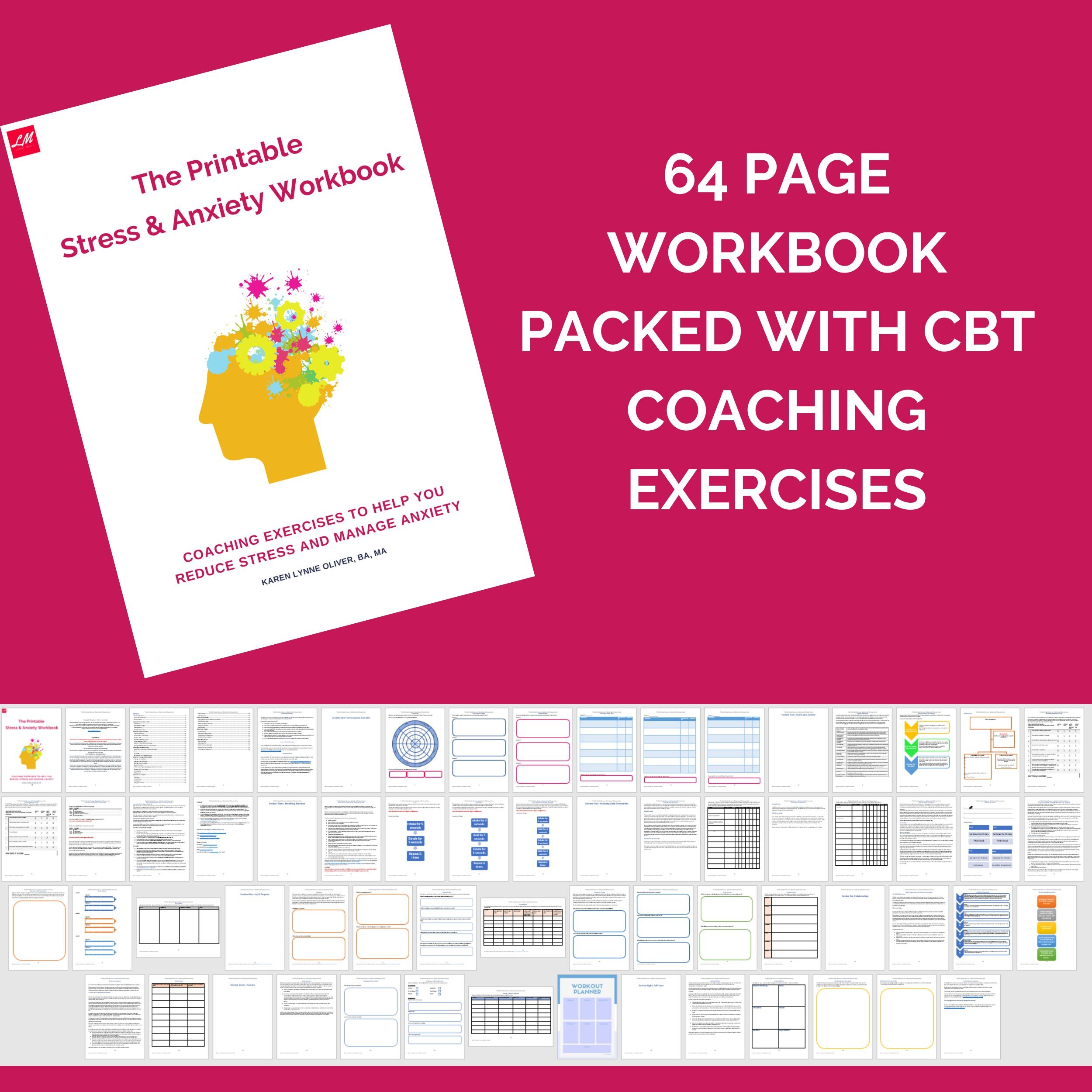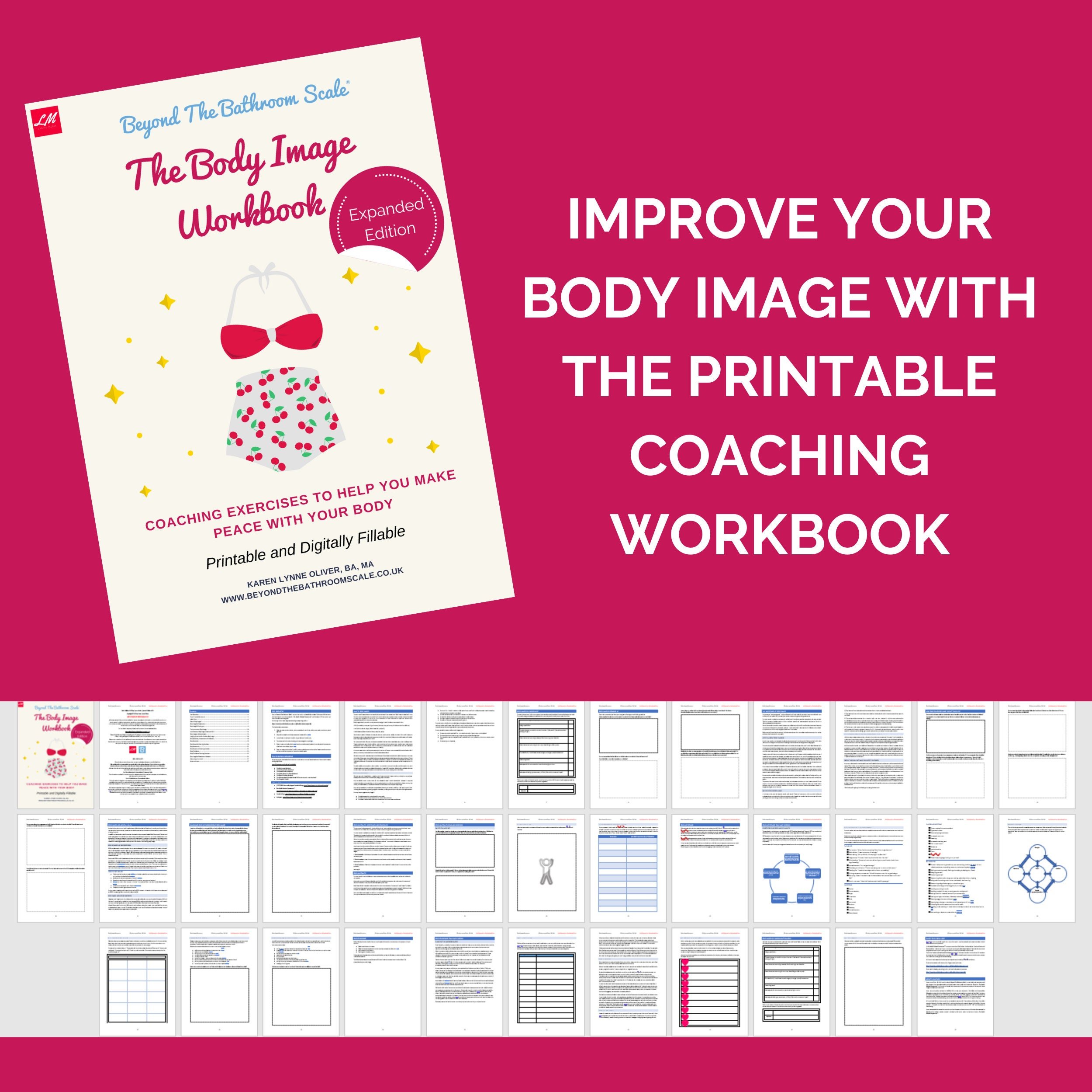The Power of Self-Compassion: How Being Kinder to Yourself Improves Your Well-Being
In a world that often prioritizes achievement, productivity, and perfection, it’s easy to forget one of the most crucial aspects of well-being: self-compassion. We’ve all experienced moments of self-doubt, criticism, or feeling like we’re not enough. But what if, instead of being our harshest critics, we became our own most compassionate supporters?
Self-compassion is the practice of treating yourself with the same kindness, understanding, and care that you would offer to a friend in need. It’s about recognizing your humanity, embracing your imperfections, and offering yourself the grace to make mistakes and learn from them. Let’s explore why self-compassion is so important and how it can transform your overall well-being.
1. Understanding Self-Compassion
Self-compassion isn’t about letting yourself off the hook or avoiding responsibility. Rather, it’s about approaching yourself with gentleness, especially when things don’t go as planned. It’s acknowledging that everyone struggles, and that your worth isn’t diminished by your challenges or failures.
There are three key components to self-compassion:
Self-Kindness: Instead of harshly judging yourself for your mistakes or shortcomings, treat yourself with warmth and care.
Common Humanity: Recognize that everyone has struggles and that you’re not alone in your experiences.
Mindfulness: Practice being present in the moment, acknowledging your thoughts and feelings without judgment.
2. The Benefits of Self-Compassion
The benefits of self-compassion extend far beyond just feeling better about yourself. Research shows that people who practice self-compassion tend to have greater emotional resilience, lower levels of anxiety and depression, and a stronger sense of overall well-being.
Some of the key benefits include:
Improved Mental Health: Self-compassion can reduce negative self-talk and increase feelings of self-worth, leading to better mental health outcomes.
Enhanced Emotional Resilience: When you treat yourself with compassion, you’re better equipped to handle life’s challenges and bounce back from setbacks.
Healthier Relationships: By being kinder to yourself, you’re likely to be more empathetic and understanding towards others, which can strengthen your relationships.
Increased Motivation: Contrary to the belief that being self-critical drives success, self-compassion can actually increase your motivation to improve and grow, as it fosters a safe environment for personal development.
3. Practical Ways to Cultivate Self-Compassion
Cultivating self-compassion takes practice, especially if you’re used to being hard on yourself. Here are some practical steps you can take to start being kinder to yourself:
1. Speak to Yourself Like a Friend: The next time you catch yourself engaging in negative self-talk, pause and ask yourself, “Would I say this to a friend?” If the answer is no, reframe your thoughts in a more compassionate way.
2. Practice Mindful Self-Awareness: Take time to notice your thoughts and feelings without judgment. Mindfulness allows you to acknowledge your struggles without getting overwhelmed by them, creating space for self-compassion to flourish.
3. Embrace Your Imperfections: Accept that being human means being imperfect. Instead of striving for unrealistic standards, celebrate your uniqueness and the lessons you learn from your mistakes.
4. Take Care of Your Needs: Self-compassion involves prioritizing your well-being. Make time for activities that nourish your mind, body, and soul, whether it’s through rest, exercise, creative expression, or connecting with loved ones.
5. Remind Yourself of Common Humanity: When you’re feeling down, remember that you’re not alone. Everyone faces difficulties, and your struggles don’t make you any less worthy of love and kindness.
4. Integrating Self-Compassion into Your Daily Life
Self-compassion is a skill that can be integrated into your daily life. Start by setting aside time each day to practice mindfulness or self-reflection. When challenges arise, consciously choose to treat yourself with kindness and understanding rather than criticism. Over time, these small shifts can lead to profound changes in how you relate to yourself and others.
Remember: Self-compassion is not a one-time event but a continuous practice. It’s about making a commitment to be gentle with yourself, especially in moments of difficulty. As you nurture this practice, you’ll likely find that you approach life with greater ease, resilience, and joy.
Support Your Self-Compassion Journey with Our Course Library
If you’re ready to deepen your practice of self-compassion and enhance your overall well-being, our Course Library is here to support you. With courses on topics such as body image, intuitive eating, emotional eating, managing stress, eating disorder awareness, and joyful movement, you’ll find the tools and guidance you need to thrive.
Explore Our Courses:
Body Image: Develop a positive and empowering relationship with your body.
Intuitive Eating: Learn to nourish yourself without guilt by listening to your body’s hunger cues.
Emotional Eating: Address emotional triggers and build a healthier relationship with food.
Managing Stress: Cultivate strategies to manage stress and maintain balance in your life.
Eating Disorder Awareness: Gain insight and support for eating disorder recovery.
Joyful Movement: Discover ways to enjoy physical activity that feels good and supports your well-being.
Explore our Course Library today and take the next step on your journey toward self-compassion and holistic wellness.




